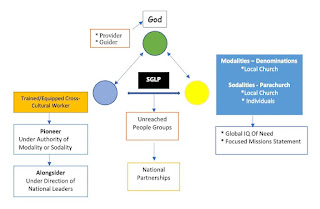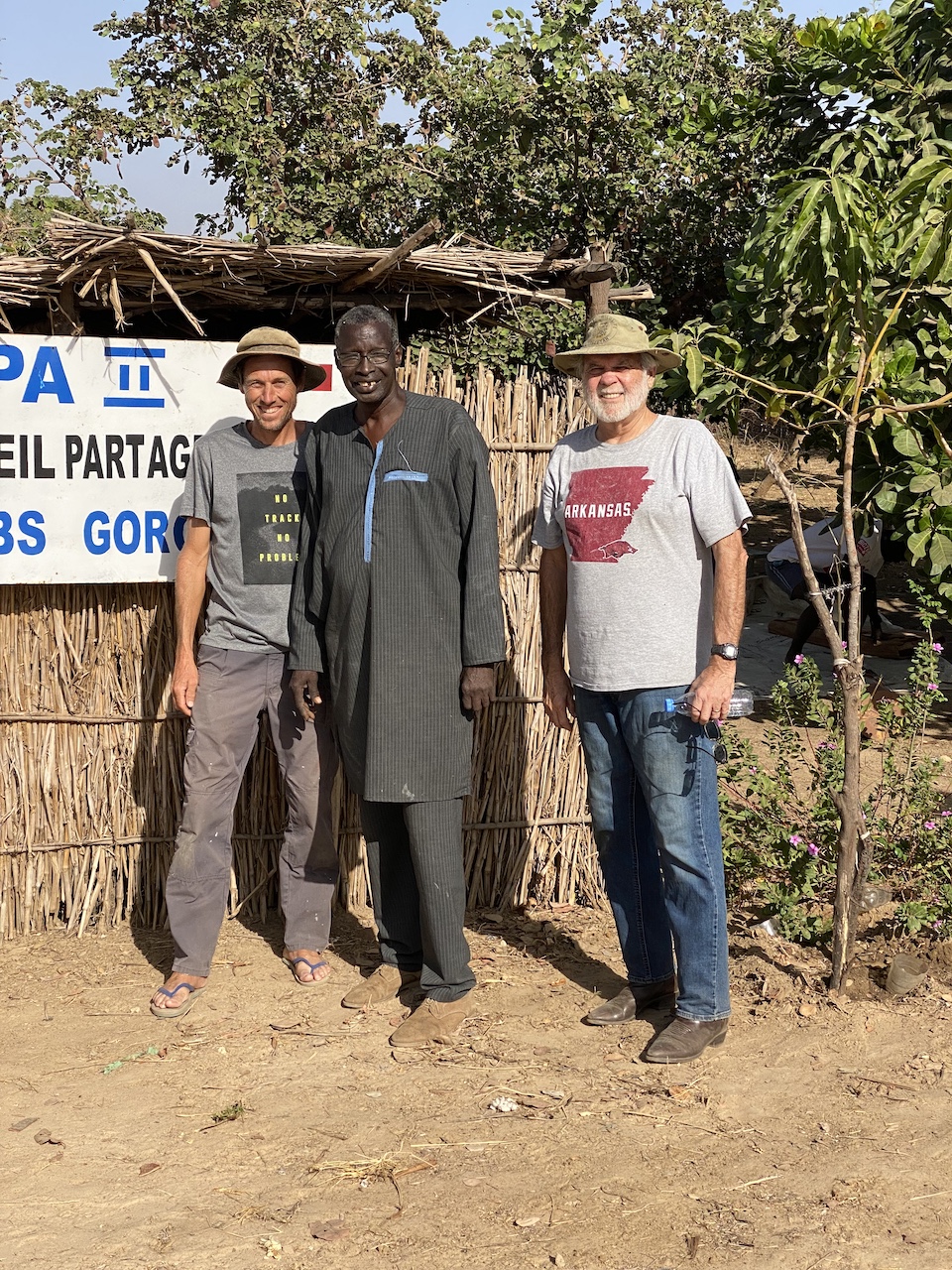Truckers must be trained before they are allowed on the road. Training is required for teachers, carpenters, bull riders, policemen, nurses, hair stylists, and even Wal-Mart checkers. Most vocational preparation is what I call “just-in-time” training, meaning, people are instructed for a task just before they are launched into the work.
There is hardly a profession in the world that doesn’t require training for a specific task. EXCEPT, for people who are going overseas as career missionaries.
Missionary training is a hard sell. Missionaries are trying to get to the field. They’ve been approved by their denomination or sending agency; they’re raising support and to stop in the middle to attend a two-week or one-month training session seems to be a waste of time and money. But is it?
The Long Road Less Travelled
What is the process for getting to the mission field for a career missionary? Consider the chart below, an arbitrary time scale to be sure, but a guide nevertheless.
1. The Discovery phase serves as an introduction to missionaries in Sunday School, a mission conference, or a denominational video presentation. Capturing the attention of American Christians towards the global task has become increasingly challenging. However, it is at this crucial point of Discovery that the less-traveled journey begins.
2. The Interest period is a person dipping their toe into the global waters by attending an Urbana conference, a fact-finding short-term mission trip (not the vacation type), or taking a Perspectives course. It is at this juncture that a person either moves forward or backtracks.
3. The Commitment step is answering “the call.” It’s that defining moment when one says, “Here am I Lord, send me.” But how do they get there?
4. Preparation may include going to seminary, an internship in a local church, and filling out an application to a missionary sending agency. This time period could easily be five years or more. The timeline for second-career people may be shortened with focused training.
5. If one perseveres to the point they are approved to be a missionary, they begin the Funding process which is between six months (rare) to three or more years (sadly, not unusual).
The question is, after they complete the arduous process and finally get to the field, how prepared is that missionary really for cross-cultural service? Their cultural anthropology class was six years ago and they have no clue why the study of kinship has anything to do with being a witness to a Hindu. True, they did spend two weeks in the Dominican Republic participating in vacation Bible school, but did they learn what it takes to set up residence in Cote d’Ivoire? They may feel called to serve in the Philippines, but exactly what is the need in that country, which has had the Gospel four times longer than they have been alive?
JUST IN TIME LEARNING
Just-in-time (JIT) training plays a vital role in preparing missionary families for their fieldwork, and its duration can vary from two weeks to three months. By providing targeted and timely instruction, JIT training equips them with the necessary skills, knowledge, and cultural understanding needed to navigate the challenges they will face in the field. The focused and time-sensitive nature of JIT training ensures that missionaries are well-prepared and able to make a meaningful impact in their new environment.
JIT sharpens the focus of missionaries. Even if a missionary is only 50% into their fundraising efforts, JIT can actually assist them in raising support during the most challenging phase. By enabling missionaries to concentrate on their mission and the people they will be working with, JIT allows them to present a clear and compelling message when seeking support. This clear focus not only motivates the missionary but also resonates with those who listen to their plea for support. As Ralph Winters aptly stated, "When the task is not clear, people are not sent." Therefore, having clear goals will lead to realistic and attainable results in support raising.
JIT means that when a missionary gets on the field months later, they will have a head start on what needs to be done and how to achieve their goals. The missionary will actually understand that contextualization isn’t just a word they learned ten years ago in an obscure classroom, but a reality in the context they now find themselves.
It is a sobering reality that many missionaries embark on cross-cultural work without adequate preparation. This fact is evident in the statistics that show 95% of missionary efforts are concentrated in countries that have already been extensively reached with the Gospel. In this context, the importance of just-in-time training becomes apparent. JIT training not only addresses this issue practically but also has the potential to be a defining moment in the life of a missionary and in advancing the unfinished task of the Great Commission.

















